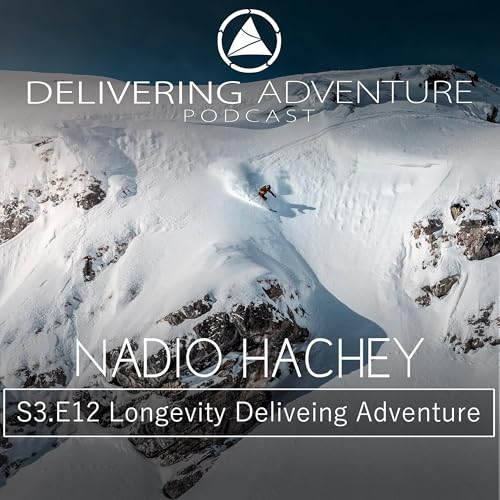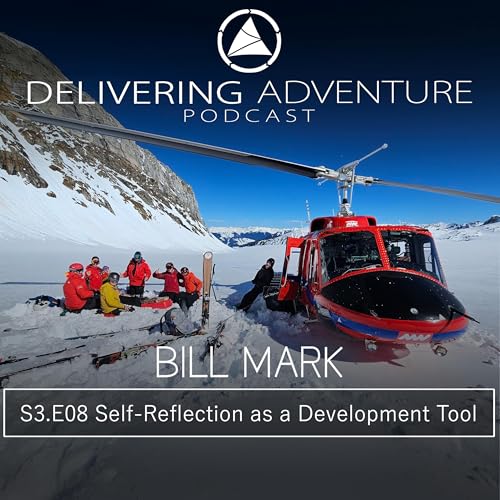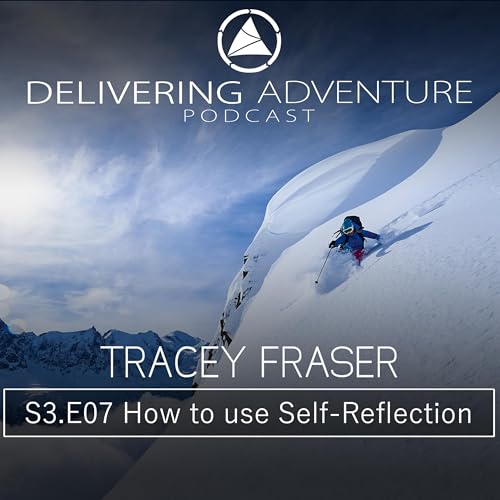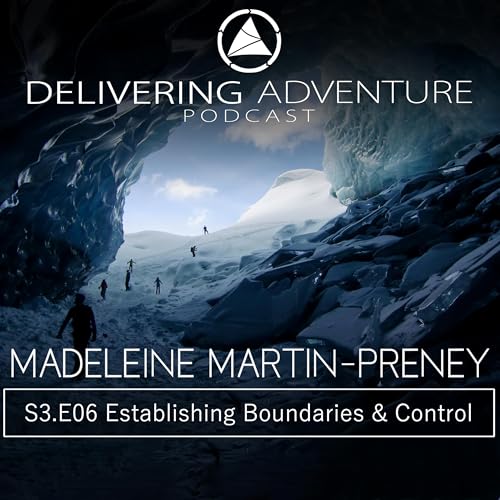Smart Risk Taking with Barry Blanchard
How can you know when to actually take a risk on a personal or professional level? What would a good risk, or a smart risk look like before and after?
In this episode Chris and Jordy are joined by world renowned Alpinist, ACMG / IFMGA Mountain Guide, speaker, author and friend of the show, Barry Blanchard to discuss what a Smart Risk looks like.
Barry Blanchard taps into his long career of risk taking and guiding to share the essential elements of what good risks look like, and what we should be wary of.
Barry is a recent recipient of the Order of Canada and is an honoured member of the Association of Canadian Mountain Guides. He is respected for his ability to complete technical, high-risk ascents on a personal level and leading others as professional guide.
Barry has worked on numerous movie projects as a stuntman including Cliffhanger and Vertical Limit. He is the star of his own documentary called Spindrift: The Barry Blanchard Story.
He is also the author of The Calling: A Life Rocked by Mountains. Barry has another book coming out in 2026 called The Echo.
Always engaging, thoughtful and honest, Barry shares some dark moments he has had in his career and many of the highlights. Along the way we define what makes a Smart Risk to take.
Key Takeaways:
Smart Risks: Are calculated, acceptable, necessary and prepared for. They are risks we can justify in the moment and after the fact because they are carefully considered, acceptable, needed to be taken and we were ready for the choice that we made.
Calculated Risk: Calculated risks are ones that are well analyzed weighing the potential consequences against the potential for both positive and negative outcomes. The hazards are known and if you decide to take it, the benefits outweigh the potential costs.
A calculated risk is a risk worth doing based on careful analysis.
Acceptable Risk: Acceptable risks are the ones we can justify to ourselves and others. They should fall within everyone’s risk tolerance. They should also prioritize your safety ahead of safety or providing service someone else. Acceptable risks for professionals fall within industry best practices.
Acceptable risks fall within personal, professional and legal responsibilities and limits.
Necessary Risks: Necessary risks are the ones that need to be taken. They add value to the experience and contribute to towards achieving the objective. They are also the best option for what needs to get done.
A risk might be acceptable to take, but also unnecessary.
Prepared for: These are the risks we are ready for because we have prepared and built in an adequate margin of error. Worst case scenarios have been considered and planned for.
Not Taking the Risk: This is also a risk. Smart Risks are the ones we did take for the right reasons.
Guest Bio
Barry Blanchard is an ACMG / IFMGA Mountain Guide, author, speaker, and sometimes movie stunt man. Barry has recently been the recipient of the Order of Canada and has just been recognized as an honoured member of the Association of Canadian Mountain Guides.
Both of these awards have been given in recognition of his numerous complex and demanding ascents in the Rockies, the Alps and the Himalayas, some of which have not been repeated. For more than 40 years, Barry has been a guide, resource and mentor to countless mountain enthusiasts.
Barry is one of North America’s top alpine climbers. He has spent his life pushing the standards of highly technical, high risk alpine climbing and ice climbing from the Himalayas to the Canadian Rockies. Barry is also renowned for his ability to guide complex, high risk alpine ascents.
Some of the movies that Barry has been in or has worked on include...
 1 h et 1 min
1 h et 1 min Nov 18 20251 h et 3 min
Nov 18 20251 h et 3 min 26 min
26 min 56 min
56 min 1 h et 2 min
1 h et 2 min Sep 9 202546 min
Sep 9 202546 min 52 min
52 min Aug 12 202546 min
Aug 12 202546 min
